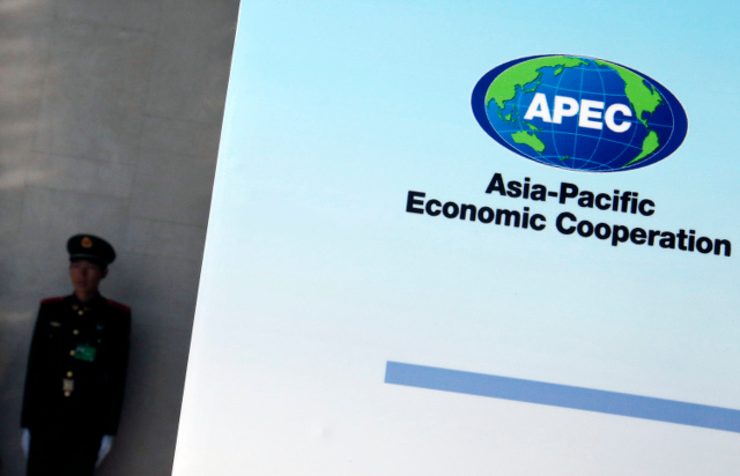SUMMARY
This is AI generated summarization, which may have errors. For context, always refer to the full article.

MANILA, Philippines – Employment generation, product innovation through establishment of new industries, and countryside development – such are the “immense multiplier effects” that small and medium enterprises (SMEs) can do to the Asia-Pacific region, the National Economic and Development Authority (NEDA) chief said.
One of the priorities this year is the mainstreaming of SMEs in regional and global markets, NEDA director general Arsenio M. Balisacan said during his keynote speech at the Symposium on APEC 2015 Priorities – Informal Senior Officials’ Meeting (APEC-ISOM) Monday, December 8.
More than 90% of businesses in APEC economies are SMEs.
Introducing and spreading new business opportunities to SMEs will help support growth in the sector, Balisacan said. (READ: Technology key to developing SMEs)
“For SMEs to take part in the regional and global value chains, we need to identify measures that will provide an open and transparent business environment that will serve as a seedbed for innovation and entrepreneurship,” Balisacan said.
Access to finance, markets, and innovation are key for SMEs to participate in the global chain. “Through these, we aim to increase the SMEs’ profits along with their capacity to supply international partners with products that are at par with world standards,” Balisacan added.
As developing economies integrate, there are sure to be a lot of gainers, but some are bound to be hurt in the transition, Balisacan warned.
These include micro and small businesses, rural-based industries, agriculture, and some worker group, he added.
APEC 2015 priorities
Apart from mainstreaming of SMEs in global and regional markets, other APEC 2015 priorities include enhancement of regional integration, investing in human capital development, and building sustainable and resilient economies.
But the slow recovery from the global financial crisis and the projected sluggish growth of world trade over the next two years, and perhaps beyond, are challenges that have to be addressed, Balisacan said.
“While these mean that many economies may have to look inward to promote economic growth, we need to remain resolute in our efforts toward greater economic integration as this provides a more robust channel to growth and development,” the NEDA chief said.
The Philippines, along with other APEC economies, are exploring initiatives such as further enhancing the supply chain and identifying best practices to expand connectivity through services, such as reaching the target of 25% reduction in the cost of doing business.
As economies and regions become more interconnected, the needs of the constantly innovating and dynamic industry and services sectors require a better-equipped and more competitive labor force, Balisacan said.
According to Balisacan, the government is doing the following to become more interconnected with other economies:
- Implementing educational reforms in both primary and secondary levels;
- Aligning education and training programs to respond to the requirements set by industries;
- Emphasizing the importance of the public and private sectors and the academe in human capital development;
- Empowering women and vulnerable groups; and providing trainings for skills upgrading that can reduce job-worker mismatches.
Resilient communities
Building sustainable and resilient communities cannot be underestimated, Balisacan stressed. The economic chief added that other economies in the region also have their own share of risks to natural hazards in varying degrees.
Balisacan also expressed hope that APEC will tackle interventions to mitigate the effects of climate change and push for enhanced DRRM.
“Specifically, the Cooperation could discuss ensuring food security; supporting livelihood resilience; promoting green technology and protecting the environment, among other concerns,” Balisacan said. – Rappler.com
Add a comment
How does this make you feel?
There are no comments yet. Add your comment to start the conversation.